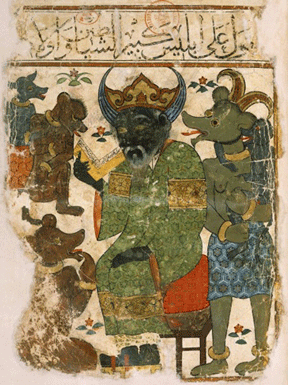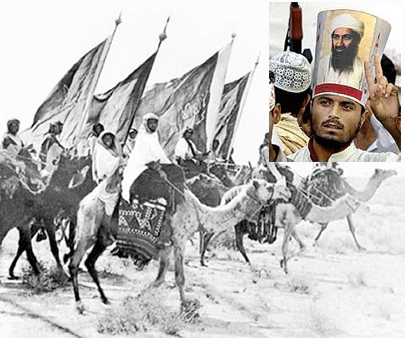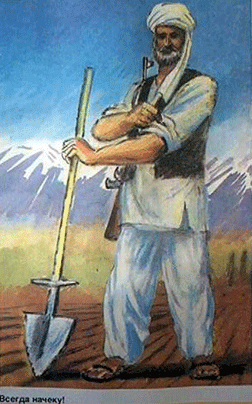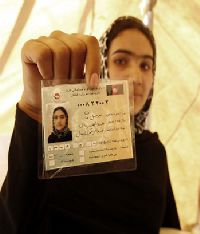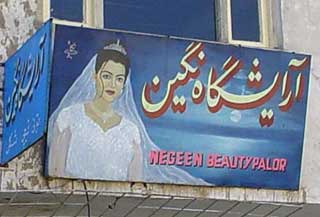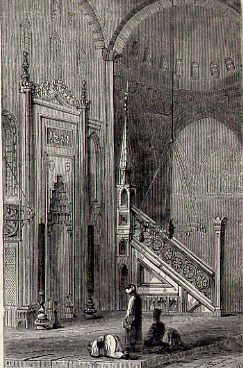
19th century Cairo mosque illustration from Henry Van-Lennep’s Bible Customs.
Those of us who spend hours using Arabic lexicons would be at a loss without the massive Tâj al-‘Arûs min jawâhir al-qâmûs of Muhammad Murtadâ al-Zabîdî. Completed by this consummate Muslim scholar in 1188/1774 after fourteen years of diligent research, the recent Kuwait edition comprises 40 volumes. Ironically, what took al-Zabîdî fourteen years to write and dictate seems a rapid turn-around, given that the Kuwait edition began in 1960 and was not completed until 2002 [There is a copy available for only £2,463 from Abe Books…, but I suggest you go to Lebanon, where the 40 volume set is only $325 from Fadak Books I am not aware of any online version of Tâj, although Lisân al-‘Arab is available online in searchable format.] Those of us who could never afford to house the 40 volume edition have managed to get by with reprints of the 19th century Cairo edition, funky font presence that it sheds. I remember buying my copy of the thick black-cover volumes in 1981, filling a suitcase with the hefty weight, paying the porter a handsome bakshish for his back-breaking effort at Cairo airport, and then having the suitcase implode from the weight as I crossed the threshhold of my home back in New York. I like to think that my own account would have made its way into al-Zabîdî’s inquisitive notes. Continue reading Bringing al-Zabîdî to Light and to Life
